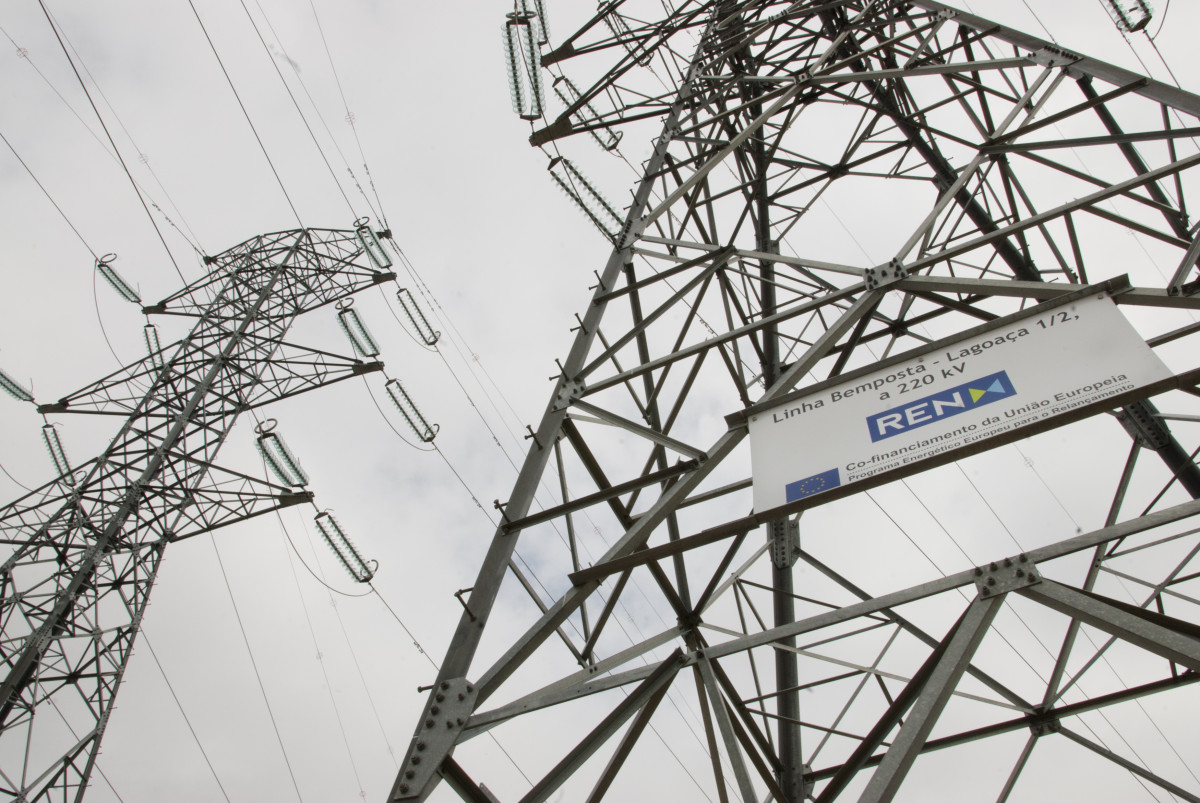Grid regulator says Iberia-like power outage unlikely in Germany as Europe investigates causes
A nation-wide power outage similar the one which plunged Spain and Portugal into darkness and chaos on Monday (28 April) is unlikely to happen in Germany, the Federal Network Agency (BNetzA) has said.
“Germany’s power supply is secure. A widespread, long-lasting blackout is unlikely here,” BNetzA told Clean Energy Wire after the unprecedented blackout hit millions of citizens in both Spain and Portugal, many of which faced outages for over 12 hours in what amounted to one of the most far-reaching power system failures in EU history.
“The electricity supply system is based on redundancy and features many safeguard mechanisms,” the grid regulator said, adding that these would continuously be monitored and adapted where needed. BNetzA said it is in contact with grid authorities on the Iberian Peninsula to investigate the blackout’s cause. However, as of Tuesday morning (29 April), authorities in Spain and Portugal had not announced what was to blame for the historic power outage that also briefly affected parts of southern France and the state of Andorra in the Pyrenees.
BNetzA head Klaus Müller told public broadcaster ARD that redundancies ensure any disrupted power connection could instantly be replaced by another one. Complemented by so-called black start power plants, the electricity grid could always be rebuilt even without external energy supply, Müller said. “This means that Germany is well prepared,” he argued.
Interdependent European grids
Speaking for Germany’s four major transmission grid operators (TSO), the company 50Hertz told Clean Energy Wire that the incident in southwestern Europe did not affect grid stability in Germany. Grid operators from across Europe had immediately cooperated to restore the power supply in affected regions, the company added. “After that is done, an analysis of the causes will be initiated in cooperation by European transmission grid operators,” 50Hertz said.
European TSO association ENTSO-E said the “established procedures and protocols for restoring the voltage of the electricity system have been activated immediately” after the incident. Hydropower plants and electricity interconnections with France and Morocco had been instrumental in relaunching the system across Iberia, ENTSO-E said. By coincidence, the TSO association had on the same day published a report on a reform of the European electricity system to improve supply security and economic efficiency.
European Commission leader Ursula von der Leyen said she is in close contact with governments in Spain and Portugal. She promised the EU’s support in “monitoring the situation with national and European authorities and our Electricity Coordination Group”. European partners would coordinate efforts and share information to stabilise the system. “Because energy security is crucial for the EU.”
Electricity back in Spain, calls for better connection to rest of Europe
Power had been restored across 99 percent of the affected area by Tuesday morning, Spain’s national grid operator Red Electrica said. Yet, phone services and public transport remained disrupted in many parts of the country, according to France24.
Spain’s government is reluctant to speculate on the blackout’s cause, newspaper El Pais said. Spanish prime minister Pedro Sánchez said that “we do not rule out any hypothesis” when addressing the country on Monday evening. According to the newspaper, the Spanish leader failed to alleviate concerns over a possible cyberattack as the outage’s origin, even though cyber security experts deemed a hostile attack of this scale unlikely.
European Commission vice president Teresa Ribera told Spanish Radio5 that there was no evidence of a cyber attack at this point. In a subsequent press conference on Tuesday, however, Sanchez said that while grid operator Red Electrica had ruled out a cyber attack, the government would continue to investigate all possible causes, the BBC reported. Sanchez added that “there was no problem of excess renewables” that had led to the outage.
For the European Commission, spokesperson Paula Pinho on Tuesday commented that the EU was still awaiting a full assessment by Spanish authorities, declining to speculate about the role renewable energy generation might have played. She added that EU member states and the institutions would “obviously draw the necessary conclusions, and share them, and, if necessary, take the necessary action,” reported The Guardian.
Speaking to the Science Media Centre, electrical engineering researcher Miguel de Simon Martin from the University of Leon in Spain said that a "national zero" event "is an extraordinary and highly unlikely circumstance in modern and developed electricity grids such as Spain's". Martin said that, despite the exact causes remaining unknown, a clear weakness of Spain’s grid was its “limited international interconnection”, particularly to France through the Pyrenees. This was becoming more and more important as the share of renewable power sources in Spain grows at a fast pace: renewables recently covered 100 percent of demand during a weekday for the first time.
The comments mirrored those of Spain’s secretary of state for energy, Joan Groizard, provided to Clean Energy Wire in the week before the Iberian blackout. “This is not only to the detriment of the Iberian Peninsula itself. It means that Central Europe and Northern Europe cannot benefit from cheap, competitive solar power,” he added.


